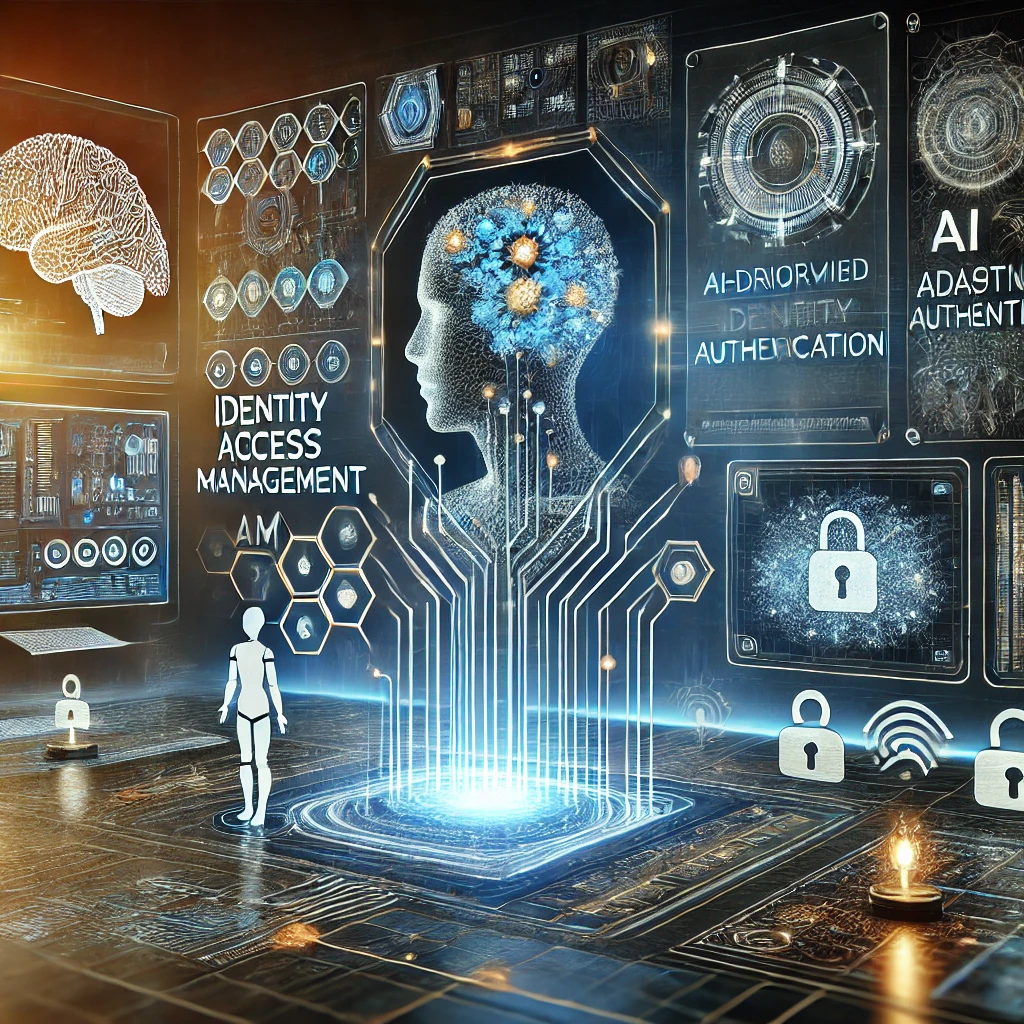Artificial intelligence (AI) is reshaping Identity Access Management (IAM), transforming how organizations secure and manage access in an increasingly complex digital environment. Beyond traditional methods of managing human identities, AI now addresses autonomous systems, APIs, and connected devices, creating a dynamic security ecosystem that evolves to counter sophisticated cyber threats.
The Role of AI in Modern IAM
AI-driven IAM leverages advanced analytics to monitor user access patterns, detect anomalies, and predict potential security breaches. Machine learning (ML) plays a crucial role by continuously learning from the environment, enabling proactive responses to emerging threats. This evolution shifts IAM from reactive protocols to a predictive framework, enhancing both efficiency and security.
Key Innovations in AI-Driven IAM
- Behavioral Analytics: AI tracks user behaviors to identify deviations from normal patterns, quickly flagging potential insider threats or compromised accounts.
- Adaptive Authentication: AI tailors access controls in real-time, adjusting authentication requirements based on the context, such as device, location, or activity.
- Device and API Management: AI secures access for connected devices and APIs, ensuring all endpoints in the network are monitored and protected.
This transformation underscores the importance of AI in fortifying IAM, making it a cornerstone of modern cybersecurity strategies.


